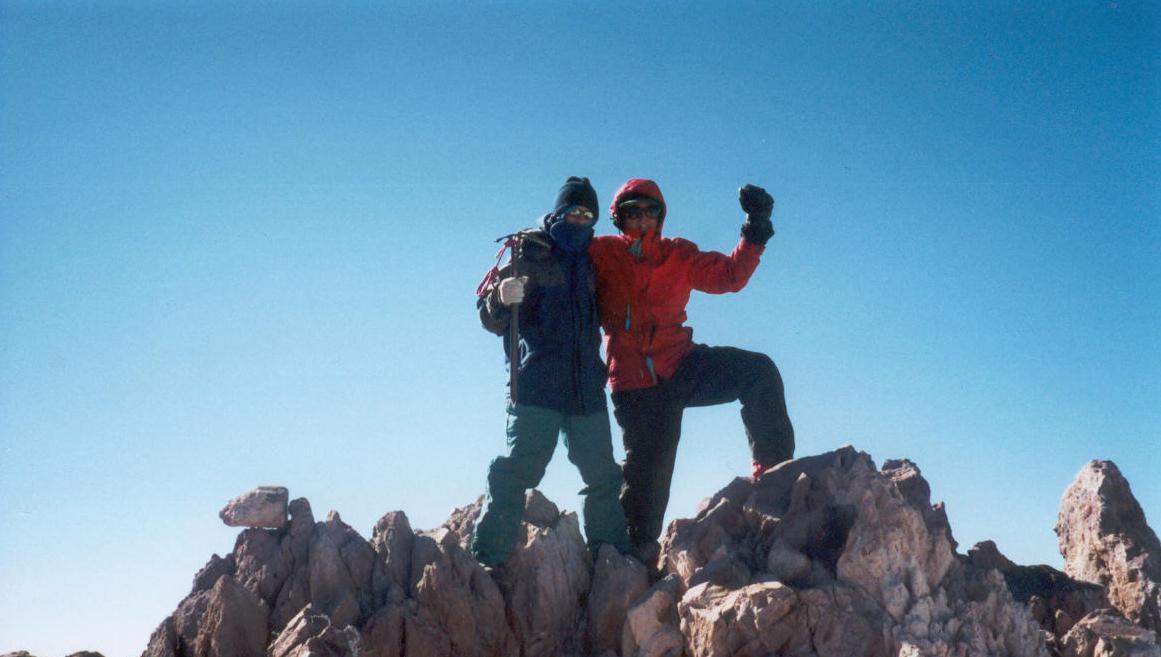 |
RTM 151C Winter
Mountaineering |
At the conclusion of the
course students should be able to:
- Have an increased
understanding and appreciation for the natural environment, and demonstrate
minimum impact techniques during winter backcountry travel
- Be able to analyze
weather conditions and preparedness of a group to make mature decisions
regarding setting up camp, finding safer terrain or downclimbing
- Have an increased
understanding of navigational skills in a winter mountainous environment
- Assess and evaluate
snow conditions regarding potential for avalanche
- Synthesize factors of
physiology and external conditions to make proper decisions regarding
cold-related illness
- Comprehend the effects
of high altitudes on human physiology and the medical emergencies of HAPE,
HACE & AMS
- Apply winter travel
techniques of snowshoeing and cross country skiing for safe navigation in
the backcountry
- Properly analyze
environmental conditions and apply appropriate snow and ice climbing
techniques for ice axe, crampons, roped travel, & crevasse rescue
9. Demonstrate
appropriate levels of self-confidence, self-awareness and sensitivity to the
needs of others in the group
- Demonstrate appropriate
decision-making skills for group safety during travel
Other Key Links
Return to RTM 151C Course page